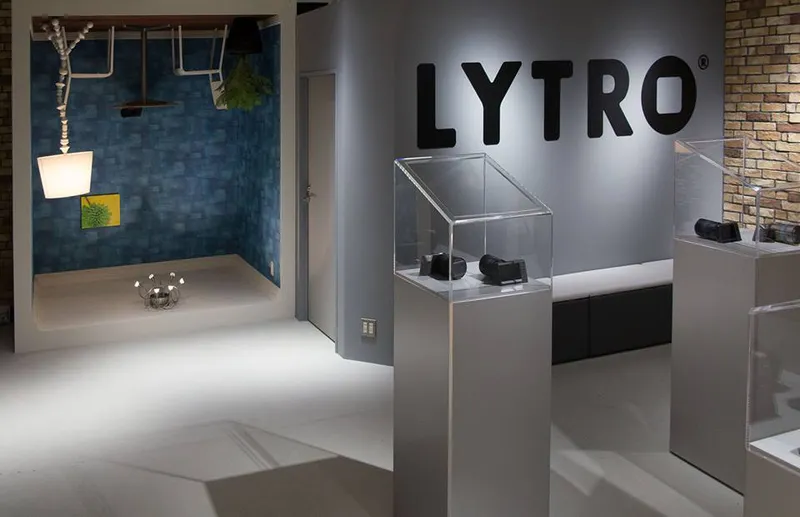Google to acquire imaging and virtual reality startup Lytro for $40 million
Lytro, which built the world’s first light field camera, owns several patents in VR-related imaging technology. Google could use it to fend off competition from Facebook-owned Oculus.
Google is close to acquiring Silicon Valley-based imaging startup Lytro, best known for creating a rectangular “light field camera” that allowed users to refocus their photos after shooting them. It was the original “shoot-now-focus-later camera” which captured an image with infinite depth of field. But, Lytro’s innovative technology was later mimicked by other cameras, and smartphones too.
Lytro then pivoted into a virtual reality (VR) firm and is said to own 59 patents in VR and digital imaging technology. Google could be looking at it to strengthen either its camera offering in Pixel phones or its VR gaming initiatives. Interestingly, Google rivals Facebook (which is taking giant strides in VR with Oculus) and Apple had also expressed interest in Lytro, according to TechCrunch.

While the value of the Google-Lytro deal is estimated to be $40 million, reports indicate Lytro could be valued much higher. During its last fund-raise in 2017, the startup’s valuation stood at $360 million.
Lytro, however, ended up manufacturing only two cameras, and because VR didn’t take off as expected, Google could be getting the 12-year-old startup at a steal price. Incidentally, Rick Osterloh, SVP of Hardware at Google, is a board member at Lytro. It is entirely possible that he could have engineered the deal.
Meanwhile, Lytro’s investor list is expansive. It is funded by top-tier VCs including Andreessen-Horowitz, Greylock Partners, NEA and Correlation Ventures. Investor Ben Horowitz once famously remarked that Lytro’s technology “blew my brains to bits”.
According to its website, Lytro is building the world’s most powerful Light Field platform enabling artists and innovators to achieve their vision, and unleashing new levels of visual quality and creative freedom for mixed reality, cinematography, and visualisation. “Lytro is firmly at the forefront of the generational shift from legacy 2D imaging to 3D volumetric video,” it states.
Google’s interest in Lytro comes shortly after it experimented with light-field photography by building a rotating rig of GoPro cameras to capture more realistic VR images. Google then released the results of the experiment on an immersive photo app called Light Fields. “These navigable stills showcase the emerging technology Google is using to power its next generation of VR,” it said.







